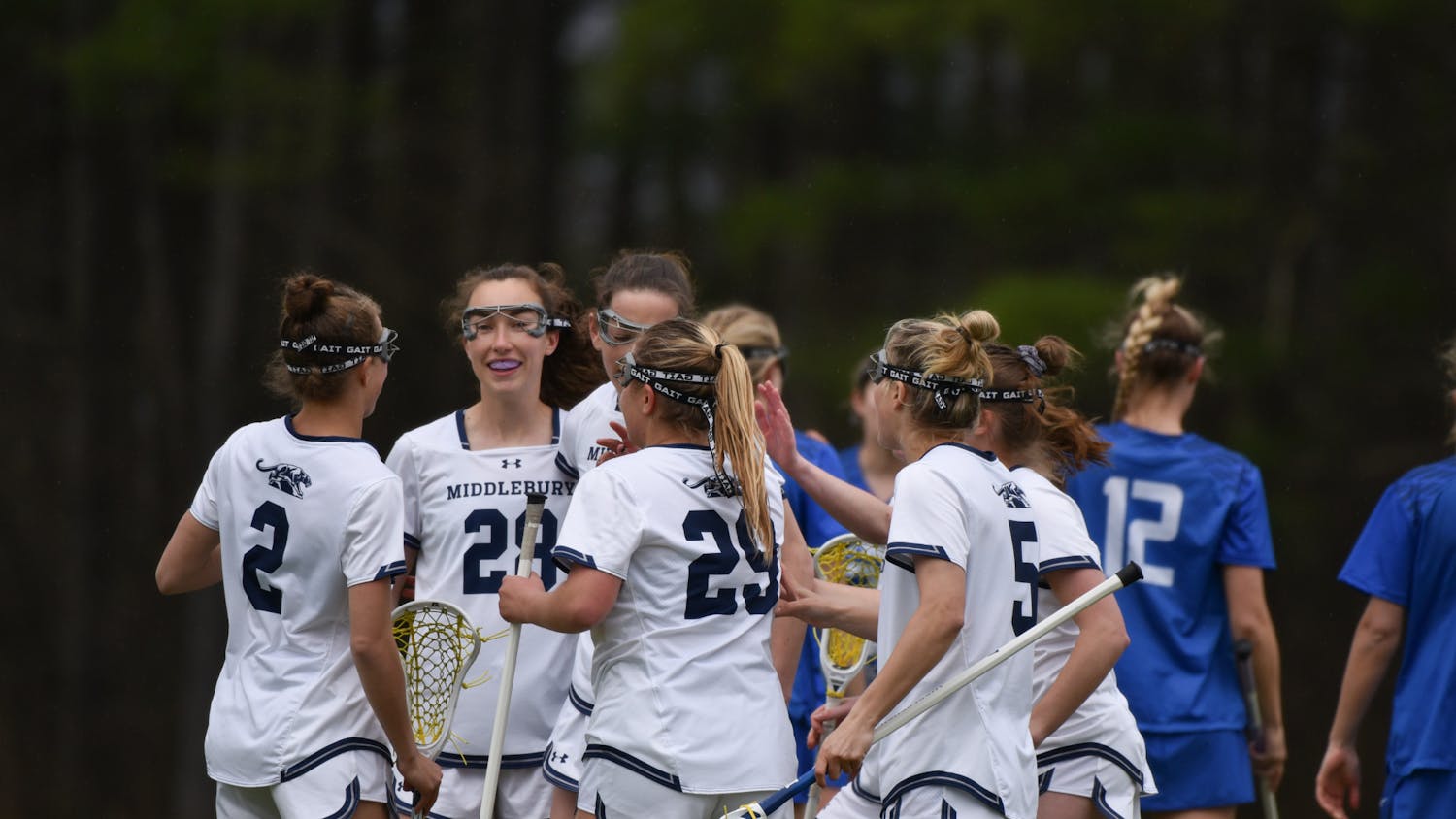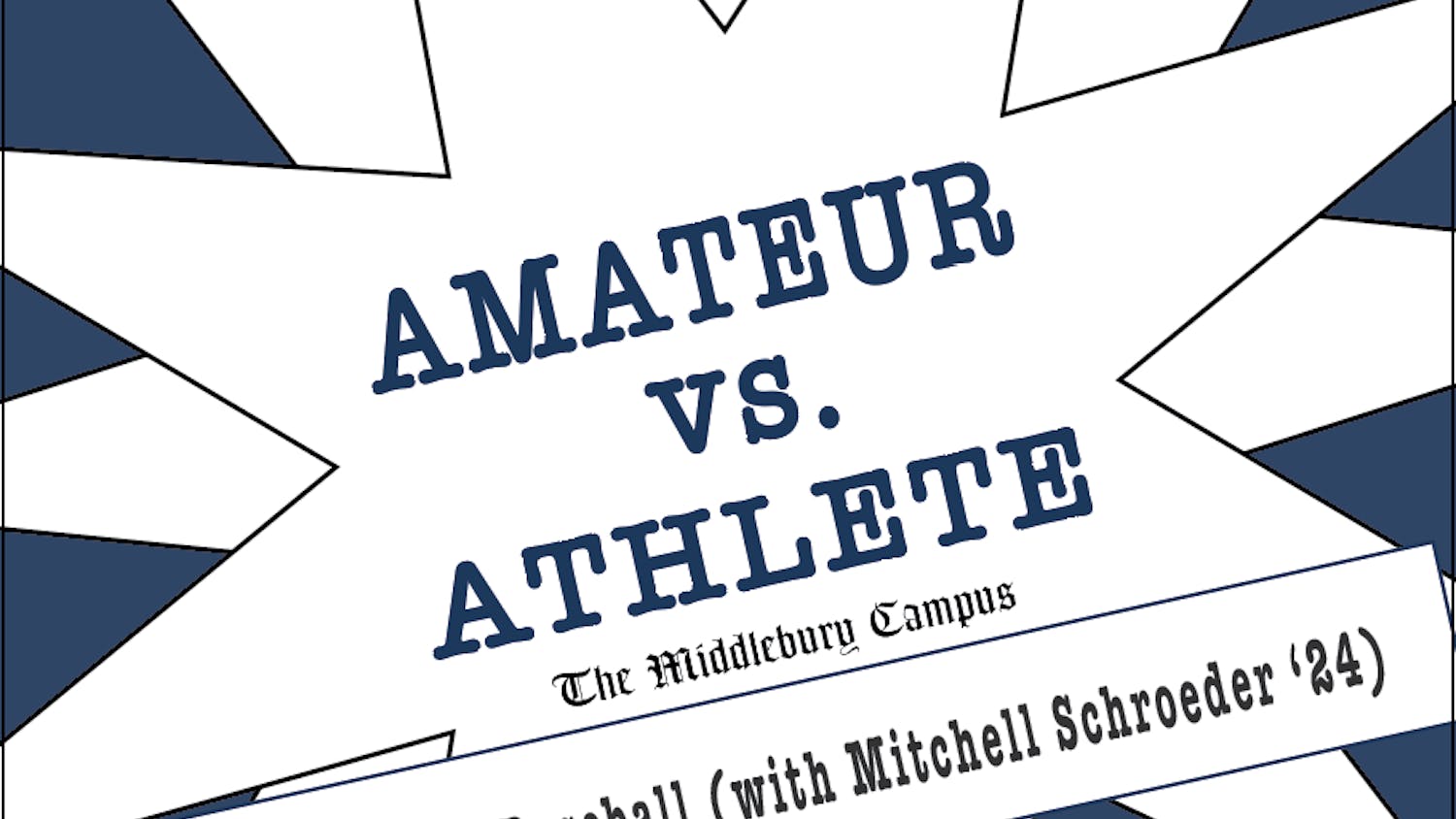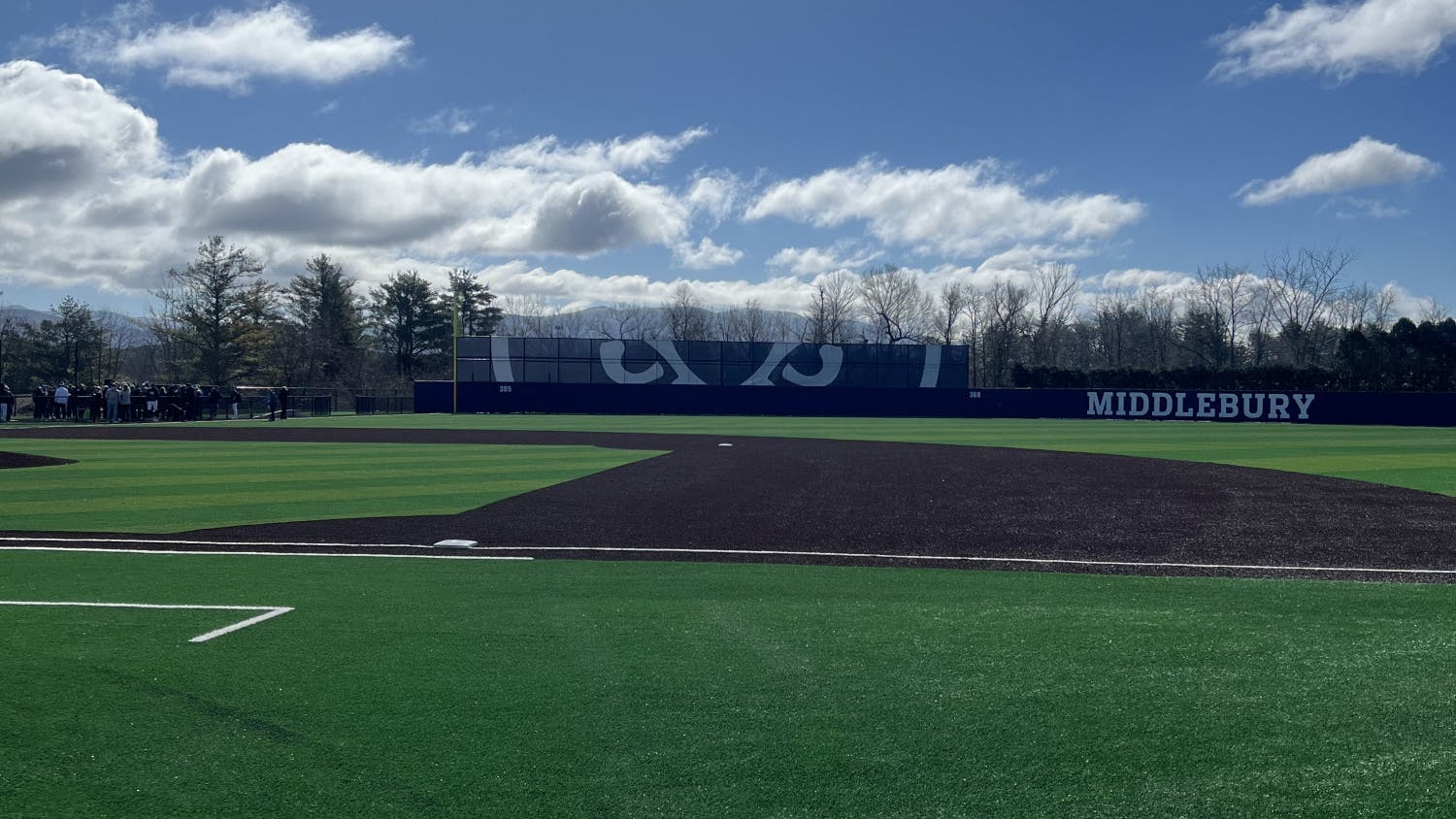On the court after winning this month’s NCAA men’s Division-I basketball championship game, University of Connecticut point guard and tournament Most Outstanding Player Shabazz Napier told reporters something that cuts to the core of all the talk surrounding collegiate sports in our time: he told them that he often goes to sleep “starving” because he cannot afford food. Before we go any farther, we want you to think about that for a second. Consider its context for the discussion we are about to have.
Whether it be ongoing talk of pay-for-play or the Northwestern University football team’s recent push for unionization, the general movement towards giving players a share in the money they generate has been picking up both momentum and airtime over the past months. But rather than adding to the general noise about the most equitable way to handle that money, we want to talk about what it means for us at Middlebury.
As a member of Division III, Middlebury cannot offer athletic scholarships. Because Division III sports are generally not very good at generating revenue, being an athlete here seems like a pretty square deal; nobody is getting shorted in this relationship the way that Shabazz Napier and his teammates are.
But of course it is not that simple. With the way the NCAA’s finances currently work, funds from the men’s Division I basketball tournament – March Madness, if you prefer – are used to fund all of the NCAA championship events for all three divisions, including the Division III championships in which 24 of Middlebury’s 27 varsity programs are eligible to compete. That adds up to over $27 million in total. Perhaps more importantly than the dollar amount, however, is the way the game changes when you introduce this NCAA money.
Like every other organization that brings in $1 billion each year, the NCAA functions like an enormous corporation. This is nowhere more obvious than at an NCAA championship event, where the NCAA’s 17 official corporate partners are so heavily publicized that you could be excused for thinking you were at a professional sporting event. When the NCAA sinks $27 million into Division III championships, it looks to protect that investment just like any corporation would. For Division III student-athletes, that means being momentarily subject to the same supervisory treatment to which those in parts of Division I are so accustomed.
Last month, at the NCAA Division III track championships at the University of Nebraska, we got our own firsthand taste of what the NCAA is all about. Needless to say, the event rang an alarm in our heads that we are having a tough time unringing.
From the staff who sit with you to make sure you do not goof around on the bus to the guy whose job it is to make sure you do not eat too many of the provided snacks (Reeses: the official candy of the NCAA), we realized that the NCAA has one default attitude that it takes towards student-athletes, and it is the one that it has adopted for the Division I athletes that it so profitably exploits. Constant supervision (by “Event Volunteers”), exposure to over-the-top branding (the “Corporate Champions and Partners”) and indulgence (access to “Mementos” and “Hospitality Venues”) are all hallmarks of the paternalistic lingo that the NCAA inculcates in its athletes.
Every time that we check our brains at the door – gleefully accepting the free gear, food and attention that the NCAA showers on “Participants” – we are participating in is a system that all of us know, deep down, is wrong. While it is undoubtedly exciting and kind of fun to be under the wing of the NCAA for three or four days, the weekend’s great irony is that all of the competitors are – at least theoretically – students, and as such should be capable of holding their surroundings to critical scrutiny. Clearly this is not happening.
So what is the connection between Shabazz Napier and us? His world-class talents paid for our weekend in Nebraska but, beyond that, the paternalistic rhetoric that the NCAA created to deal with him is spilling over into our much smaller pond. The NCAA is banking on our being unwilling to see and talk about that reality. Let’s make sure that doesn’t happen.
-Fritz Parker ’15 is a sports editor from Arlington, Va. and Bryan Holtzman ’14 is from Sudbury, Mass.
Shabazz and Me
Comments



